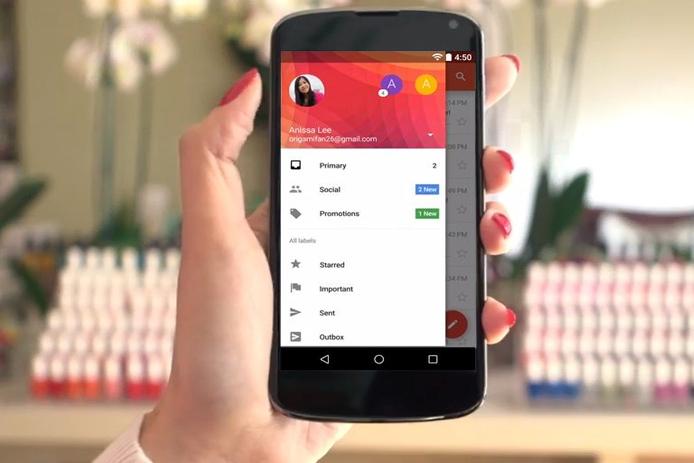
File lockers and cloud collaboration are becoming a much more common way for people to share files and documents and Google even alludes to that in its announcement of the changeup to attachment sizes. However, that doesn’t mean there aren’t still a lot of people doing things the old-fashioned way, and they are now getting some more file-size leeway. But it is only in one direction.
While Google has upped the Gmail recipient limit to 50MB, you still can only send out 25MB files through Gmail. That means if you want to send larger files, you will need to have them sent from an email provider that does allow larger attachments.
Google does highlight that anyone wishing to send out such attachments from its services can use Google Drive to do so, though.
This update was made on Google’s Rapid release and Scheduled release tracks at the same time, so there should be no wait for anyone wishing to be sent files with a larger footprint. Google also clarified that it would be available to all G Suite editions, too.
As nice a feature as this is for those still sending files via attachments, we’d recommend using encrypted file lockers in the future. They allow for much larger file transfers, protect your documents through obfuscation, and reduce the chance of you, your friends, or colleagues being hit with ransomware of other malware attacks through nefarious files.
Gmail users, don’t forget you can easily set the app up on your iPhone or other iOS device, too.



